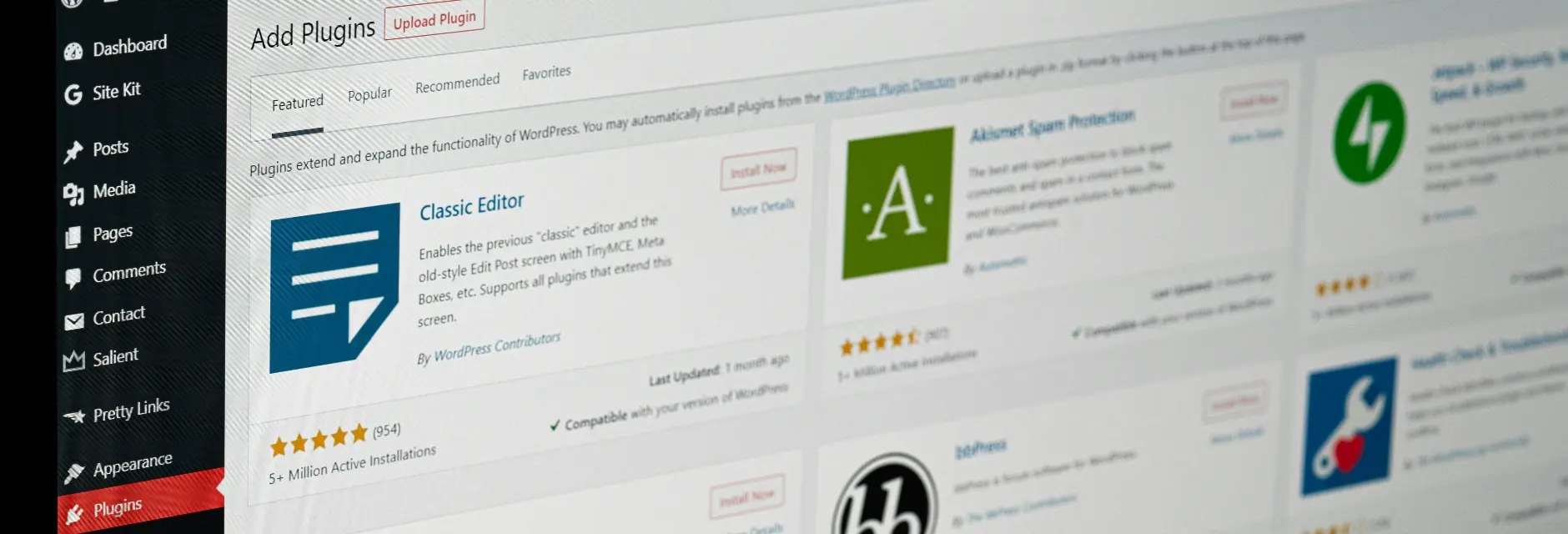As technology continues to evolve, artificial intelligence (AI) is reshaping how businesses manage their WordPress websites. From improving content creation to optimizing user experience and enhancing security, AI tools are now essential for automating repetitive tasks that once required manual intervention. By leveraging AI, businesses can streamline workflows, boost productivity, and deliver personalized experiences to their users.
In this article, we’ll explore the top AI tools and techniques to automate your WordPress website in 2024, helping you stay ahead of the competition.
1. AI-Powered Content Creation and Optimization
Content is the backbone of any website, and AI tools can simplify the creation and optimization process. Here’s how:
- Content Generation: Tools like ChatGPT and Jasper are revolutionizing how businesses produce high-quality content. These AI-powered platforms can generate engaging blog posts, product descriptions, and landing page copy based on prompts, saving time while maintaining consistency.
- SEO Optimization: AI tools such as Surfer SEO and RankMath use machine learning to optimize your content for search engines. They analyze your website’s keywords, structure, and on-page elements to ensure your content ranks higher on Google.
- Image Optimization: Automating image optimization is crucial for website speed and SEO. Optimole is an AI-powered tool that automatically compresses images without losing quality and adds relevant alt text to improve accessibility and search engine visibility.
2. AI in Website Personalization
- Dynamic Content: AI tools like OptinMonster can analyze user behavior in real-time and serve personalized content based on their preferences. This can include custom product recommendations, targeted pop-ups, or personalized call-to-action (CTA) buttons, which significantly improve user retention and conversion.
- Behavioral Triggers: AI can identify user patterns and trigger actions, such as displaying a discount popup when a user shows exit intent or presenting content based on previous interactions.
3. AI for Chatbots and Customer Support Automation
- 24/7 Customer Service: Chatbots like Tidio and Drift are equipped with AI to provide round-the-clock customer support. They can answer frequently asked questions, assist with order tracking, and even make product recommendations based on user input.
- Conversational AI: These bots use natural language processing (NLP) to understand and respond to customer queries more efficiently, providing a more personalized and human-like interaction.
4. AI-Driven Marketing Automation
- Email Marketing: Platforms like Mailchimp use AI to optimize email campaigns by analyzing user behavior and engagement rates. AI can determine the best time to send emails, segment audiences for targeted messages, and predict user responses to improve conversion rates.
- Social Media Automation: Tools like Buffer with AI-driven analytics allow you to schedule posts, analyze engagement, and optimize your social media strategy for better results. AI can suggest the best times to post, provide insights on content performance, and automatically schedule content for optimal engagement.
5. AI for Security and Website Monitoring
- AI-Based Security Plugins: WordPress plugins like Wordfence and Jetpack Security use machine learning to detect malware, prevent brute force attacks, and block suspicious IP addresses. These tools continuously monitor your website and automatically block threats, ensuring your site remains secure.
- Spam Detection: AI can also automatically filter out spammy comments, form submissions, and bot-driven traffic, enhancing the overall user experience while keeping your website safe.
6. AI-Powered Analytics and Insights
- Google Analytics AI: Google Analytics has integrated AI-based insights to help you track user behavior, conversion funnels, and traffic sources more efficiently. It can predict future trends based on historical data, offering insights into areas that need improvement.
- Predictive Analytics: Tools like Oribi provide AI-powered analytics that predict user behavior and help optimize your website for better conversion rates. This allows businesses to proactively adjust their content and marketing strategies.
7. AI for Website Maintenance Automation
- Backup and Update Automation: Tools like ManageWP and UpdraftPlus automate backups, plugin updates, and theme maintenance. These AI-driven tools can schedule tasks, notify you of potential issues, and ensure your website is always up to date without any downtime.
- Uptime Monitoring: AI-powered monitoring tools can continuously track your website's performance and notify you of any outages or slowdowns. They can even resolve minor issues automatically, ensuring your website remains live and fast.
Future of AI in WordPress Website Automation
- AI-Generated Websites: Fully AI-managed websites could become a reality, with tools that automatically generate, maintain, and optimize websites without human intervention.
- Advanced AI Integrations: More seamless integrations with AI-based content generators, SEO optimizers, and security tools, allowing businesses to automate every aspect of their WordPress website.
Conclusion
AI is rapidly changing the way we manage WordPress websites, offering solutions for content creation, personalization, security, and maintenance. By implementing AI-powered tools, businesses can streamline their operations, provide a more personalized user experience, and ensure their website remains secure and optimized. Whether you’re a small business or a large enterprise, automating your WordPress website with AI tools in 2024 is no longer a luxury—it’s a necessity.
Looking to automate and secure your WordPress website? Let Altin Design handle the heavy lifting with our expert WordPress maintenance and support services. Get in touch today to ensure your website stays fast, secure, and optimized—all while you focus on growing your business.








